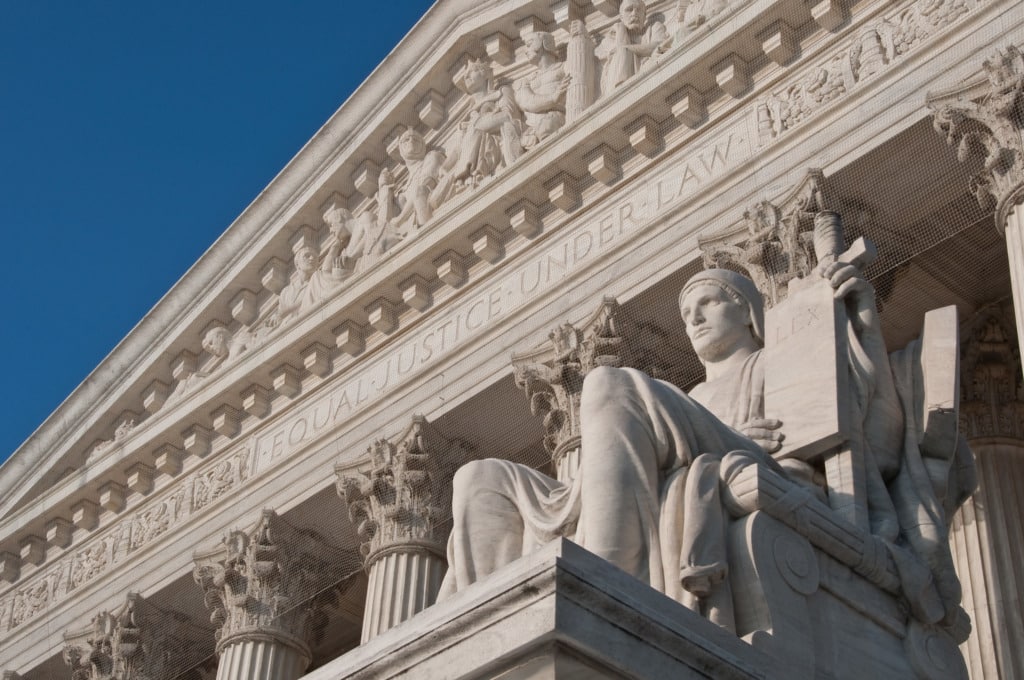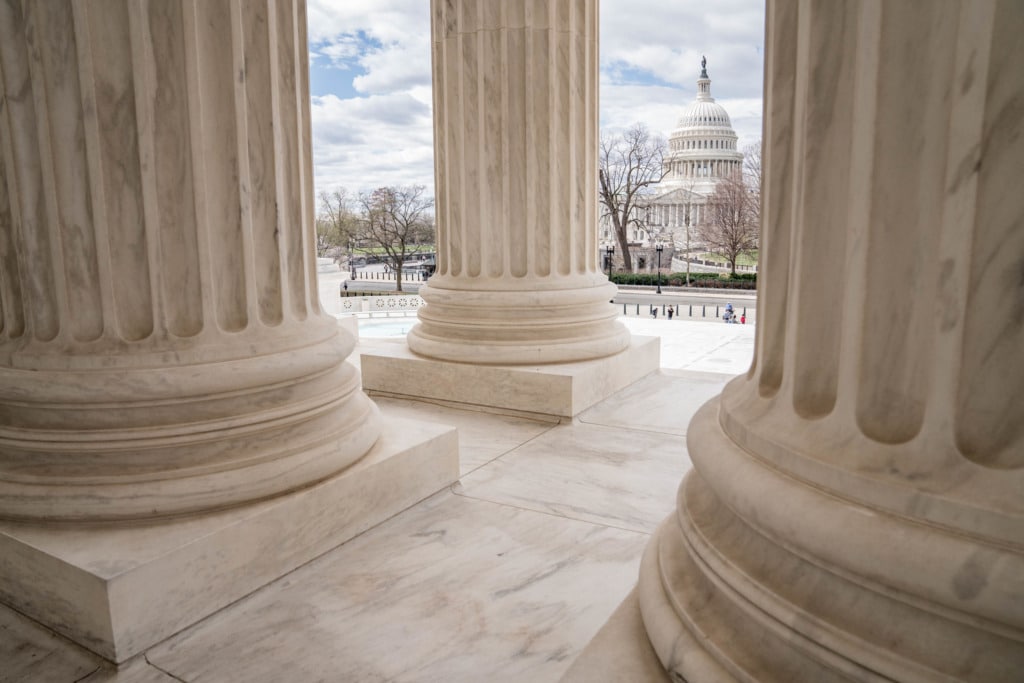On February 21, the Supreme Court unanimously held that commingling the proceeds of expropriated property with other government funds and then using those funds for commercial activities in the United States does not satisfy the commercial nexus requirement of the Foreign Sovereign Immunities Act’s expropriation exception. The Court found it unnecessary to decide the other questions raised in the petition for certiorari.
Supreme Court Narrows the FSIA’s Expropriation Exception (Again)
(Editor’s Note: This article also appears in Just Security.) Last Friday, the U.S. Supreme Court decided Republic of Hungary v. Simon. Writing for a unanimous Court, Justice Sonia Sotomayor held that commingling the proceeds of expropriated property with other government funds, which are then used for commercial activity in the United States, is not enough…
Continue ReadingHungary v. Simon Offers Supreme Court Stark Choice
(Editor’s Note: This article also appears in Just Security.) On Tuesday, the U.S. Supreme Court heard oral argument in Hungary v. Simon, a case brought by Holocaust survivors under the expropriation exception of the Foreign Sovereign Immunities Act (FSIA). In 1944, Hungary rounded up Jews and transported them by train to death camps, expropriating their property…
Continue ReadingThe Burden of Proving Foreign Sovereign Immunity
The Supreme Court has granted cert in Republic of Hungary v. Simon and will soon hear oral argument, likely in December. The principal question is how to interpret “property exchanged for such property” under the Foreign Sovereign Immunities Act’s (FSIA) expropriation exception, 28 U.S.C. § 1605(a)(3). But the three issues before the Court also include…
Continue ReadingSupreme Court Grants Cert in Holocaust Expropriation Case
The Supreme Court granted cert this morning in Republic of Hungary v. Simon to consider further questions under the expropriation exception of the Foreign Sovereign Immunities Act. In Republic of Germany v. Philipp(2021), the Supreme Court held that the expropriation exception does not apply to a government’s taking of the property of its own nationals….
Continue Reading

